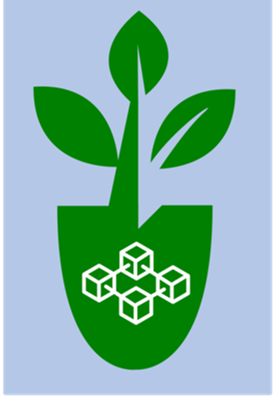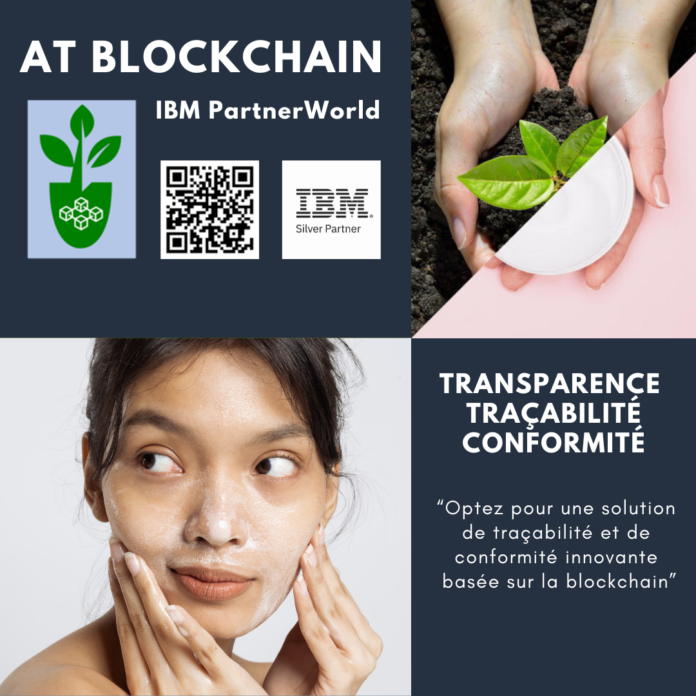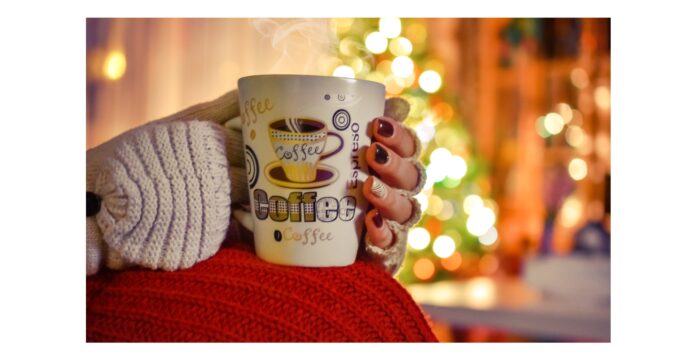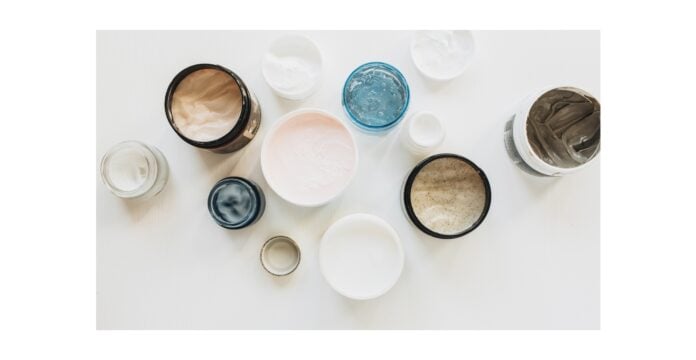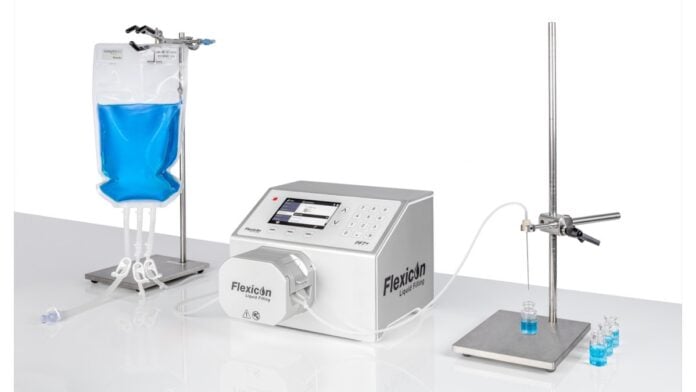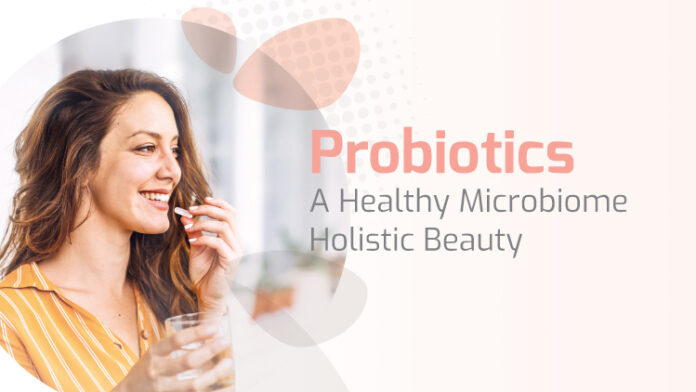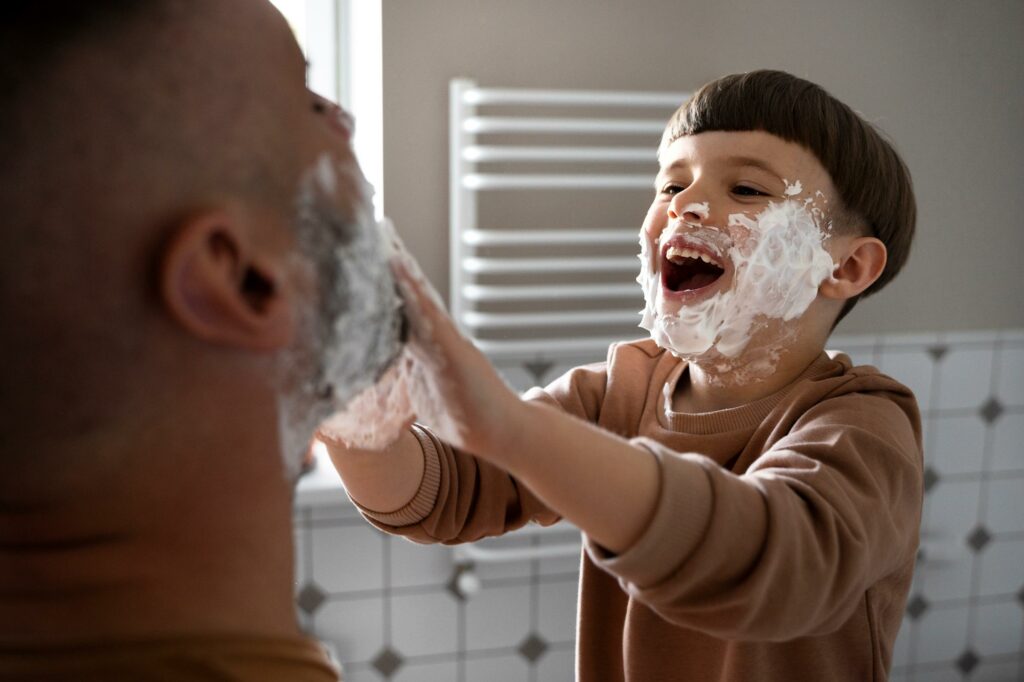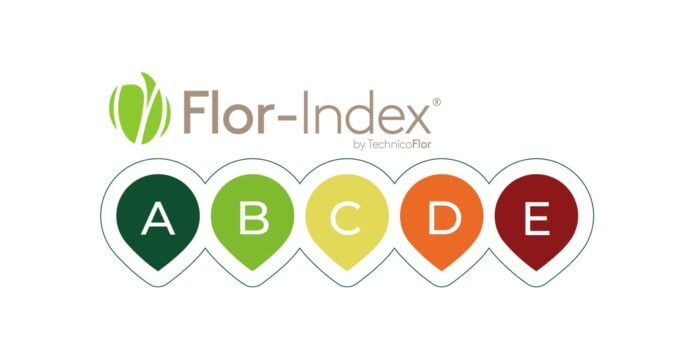As you know, sustainable beauty is becoming a must for cosmetics brands. Recyclable packaging like Asahi KASEI in Japan and natural ingredients, for example, are becoming consumer requirements.
To implement this traceability or prove its commitments to consumers, adopting a digital platform based on blockchain technology is becoming one of the most effective means.
The latest COSMETIC 360 trade show showed that the cosmetics sector is seeking to optimize its environmental impact and boost its CSR approach.
Companies are faced with the challenge of implementing both upstream traceability to ensure the transparency demanded by consumers, and a recycling solution for packaging.
Optimizing environmental impact: Towards Eco-responsible Beauty
The cosmetics industry is well aware of the importance of reducing its ecological footprint. At Cosmetic 360, many companies highlighted major advances in the development of eco-responsible products. Environmentally-friendly formulations, the use of recyclable packaging and the reduction of plastic waste were the focus of attention.
Some companies have adopted innovative approaches, such as using sustainable raw materials from organic farming or implementing energy-efficient manufacturing processes. The cosmetics industry is thus actively committed to minimizing its impact on the planet, while offering quality products.
Boosting CSR: From Beauty to Social Commitment
Corporate Social Responsibility has become an essential criterion for consumers concerned about the ethics of the brands they choose. At Cosmetic 360, numerous companies shared their CSR initiatives, which go beyond the simple production of cosmetics.
Companies in the cosmetics sector are increasingly integrating CSR into their DNA, not only in response to consumer expectations, but also as a proactive approach to making a positive contribution to society.
Traceability, a Pillar of Trust: From Production to Consumption
The traceability of cosmetics is a major challenge, from supply chain to distribution. Consumers now demand total transparency on the origin of ingredients, production methods and working conditions.
Traceability is not only a mark of confidence for consumers, it is also crucial to meeting increasing regulatory standards and ensuring product quality. Cosmetics companies are investing heavily in robust traceability systems to boost public confidence and meet the challenges of counterfeiting.
To implement this traceability or prove its commitments to consumers, one of the best means available to companies is a digital platform based on blockchain :
AT BLOCKCHAIN has developed a traceability and compliance solution for cosmetics products. This platform enables cosmetics companies to monitor their supply chain in real time, prove their marketing commitments, comply with AGEC law requirements, reinforce their CSR policy, combat fraud or counterfeiting, demonstrate their ethical commitment, and thus gain transparency vis-à-vis consumers, and much more.
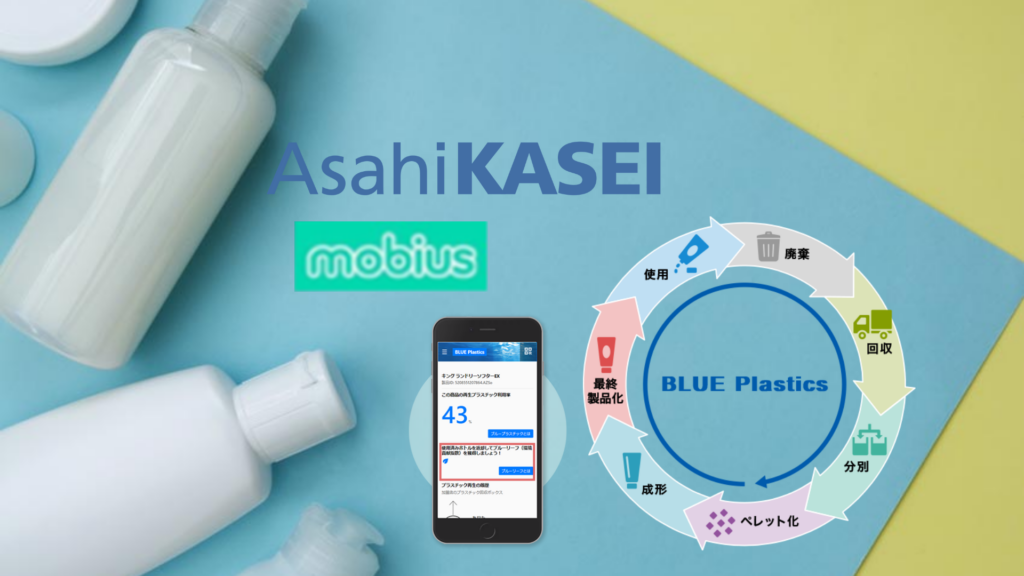
An example with Asahi Kasei Pharma working in partnership with IBM Japan to design BLUE PLASTICS-TRANSPARENT SUPPLY, a digital platform that aims to foster a circular economy by tracking the traceability of recycled plastic materials using blockchain technology. Project participants also include Toyama Environmental Improvements, Mobius Packaging and Lion.
A QR code on the packaging allows consumers to access blockchain data that confirms the percentage of recycled plastic used and provides details of the recycling process.
Asahi Kasei aims to promote a circular economy and boost consumer confidence in sustainability claims through plastics traceability.
The solution AT BLOCKCHAIN integrating the platform TRANSPARENT SUPPLY IBM Traceability is a digital platform for brand owners, recyclers and packaging manufacturers to securely exchange and record data on the life cycle of recycled plastic.
The benefits of the solution :
- Reinforcing consumer confidence in product claims.
- Protection against accusations of greenwashing, i.e. making misleading claims about a product's sustainability without being able to back them up with verifiable data and evidence.
- Empowering consumers to make more informed purchasing decisions
- The positive long-term impact on changing consumer behavior Product authentication and certification in the supply chain
- Rapid detection of errors and non-conformities
- Improving transparency to boost consumer confidence
- Optimizing logistics processes
Find out more, click here
Contact us, click here.
For further information:
AT BLOCKCHAIN
at-blockchain-software.com
7 rue de la Croix Martre
91120 Palaiseau
Tel: +33 (0)7 67 04 35 44
